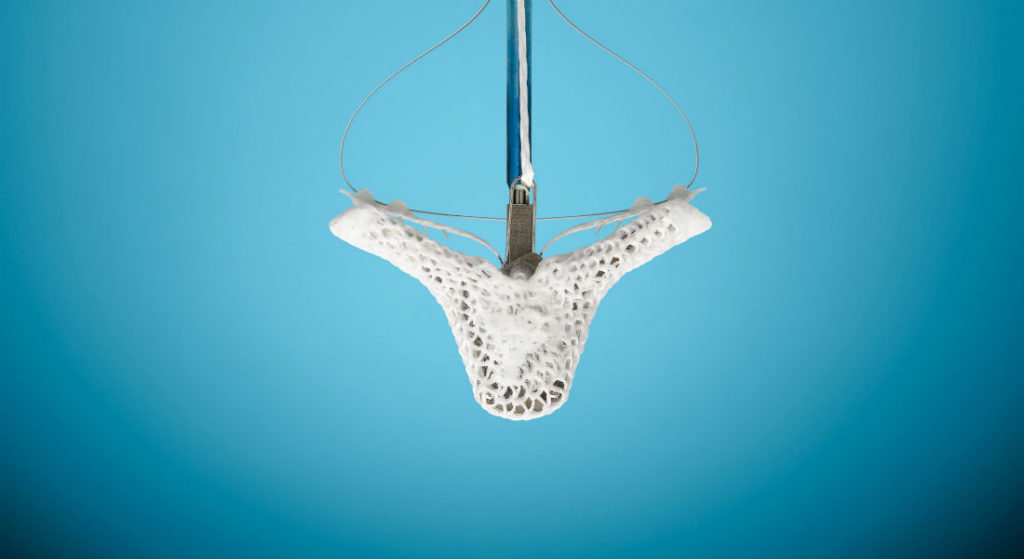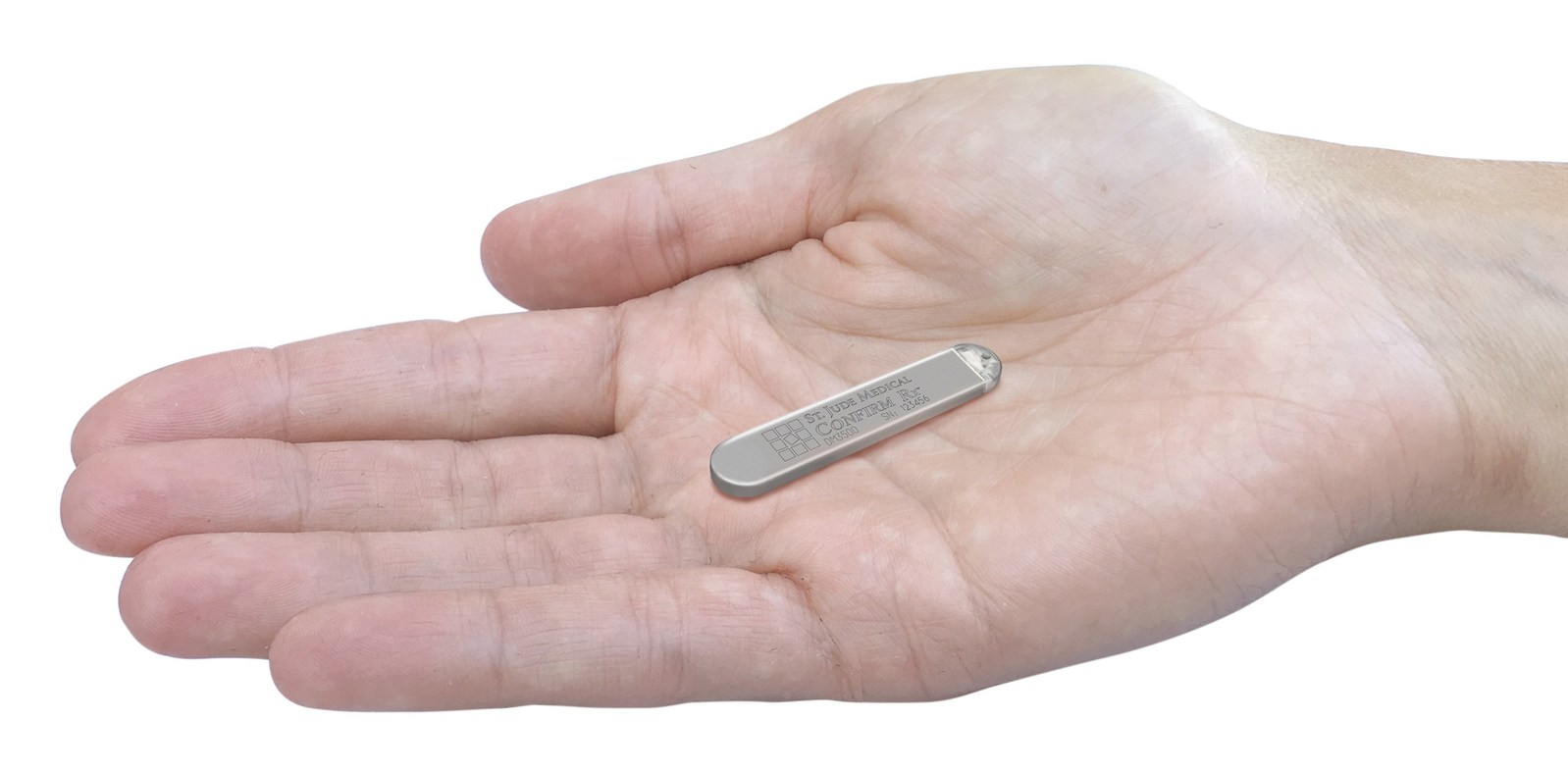Update (September 25, 2018): Abbott’s MitraClip device beat out guideline-directed medical therapy on measures of survival in patients with mitral regurgitation in a recent clinical trial. The results of the study were presented at the 30th Transcatheter Cardiovascular Therapeutics (TCT) annual scientific symposium of the Cardiovascular Research Foundation in San Diego and published in The New England Journal of Medicine.
Originally published on July 13, 2018:
Medical device maker Abbott will be launching their next-generation MitraClip heart valve repair device after receiving the regulatory go-ahead from the FDA. The device is the company’s third generation of their transcatheter clip-based products which are capable of repairing a leaky mitral valve without requiring that the patient undergo open-heart surgery.
According to Abbott, the MitraClip has been used on over 65,000 patients globally in the last decade. The device was granted a CE Mark earlier this year and has since been marketed in Europe.
So, what’s different about the device compared to previous versions? Abbott says the device is now better-suited for patients with difficult anatomies thanks to its advanced steering, navigation, and positioning capabilities. In addition, the MitraClip can now be placed more precisely, and surgeons can choose to use a newly-available clip size with longer arms to treat patients with more complex anatomies who require a device with an expanded reach.
“Physicians rely on MitraClip as an alternative to surgery for patients who aren’t surgical candidates and may need treatment to relieve their symptoms or to survive,” said Dr. Francesco Maisano, a Professor at the UniversitätsSpital Zürich, Switzerland, who was an early implanter of MitraClip. “The enhanced MitraClip design allows for even more precise navigation, accuracy, and stability during valve repairs, which may be important when treating people with more complex or advanced valve disease.”
Mitral regurgitation is the proper name for a leaking mitral valve, in which the blood flows back into the heart after each pump due to a defect in the ability of the mitral valve to fully close. Mitral regurgitation is more common in older adults, with those over the age of 75 having around a 10 percent chance of developing the form of heart disease. Without treatment, mitral regurgitation worsens over time, leading to complications including eventual heart failure and death.
Some patients are not eligible to be treated using the standard-of-care surgery to fix this heart defect due to a number of factors, including age and comorbidities, and must take long-term medications that manage symptoms but do nothing to stop the disease from getting worse. Abbott says the advent of the MitraClip provided these patients with a minimally-invasive treatment option to repair their leaky heart valve.
“Abbott engineers designed these enhancements based on feedback from doctors to improve device delivery and to treat more types of cases and anatomies,” said Michael Dale, vice president for Abbott’s structural heart business. “We’re committed to helping people with mitral regurgitation return to living their best lives, and these advances will enable doctors to treat even more patients without surgery.”
In contrast to traditional procedures, MitraClip does not require open heart surgery as the device is inserted into the heart through an artery in the leg. After undergoing the surgical procedure, patients are often discharged from the hospital after just 48 hours and start to experience symptom relief right away.
Abbott will be testing the real-world safety and performance of the MitraClip in a clinical trial run out of the Smidt Heart Institute at Cedars-Sinai in Los Angeles, California. The EXPAND study will look to enroll 1,000 patients being treated at over 50 sites in both the US and Europe. The company has announced that the first patient enrolled in the study has already been treated using the MitraClip device.












Join or login to leave a comment
JOIN LOGIN